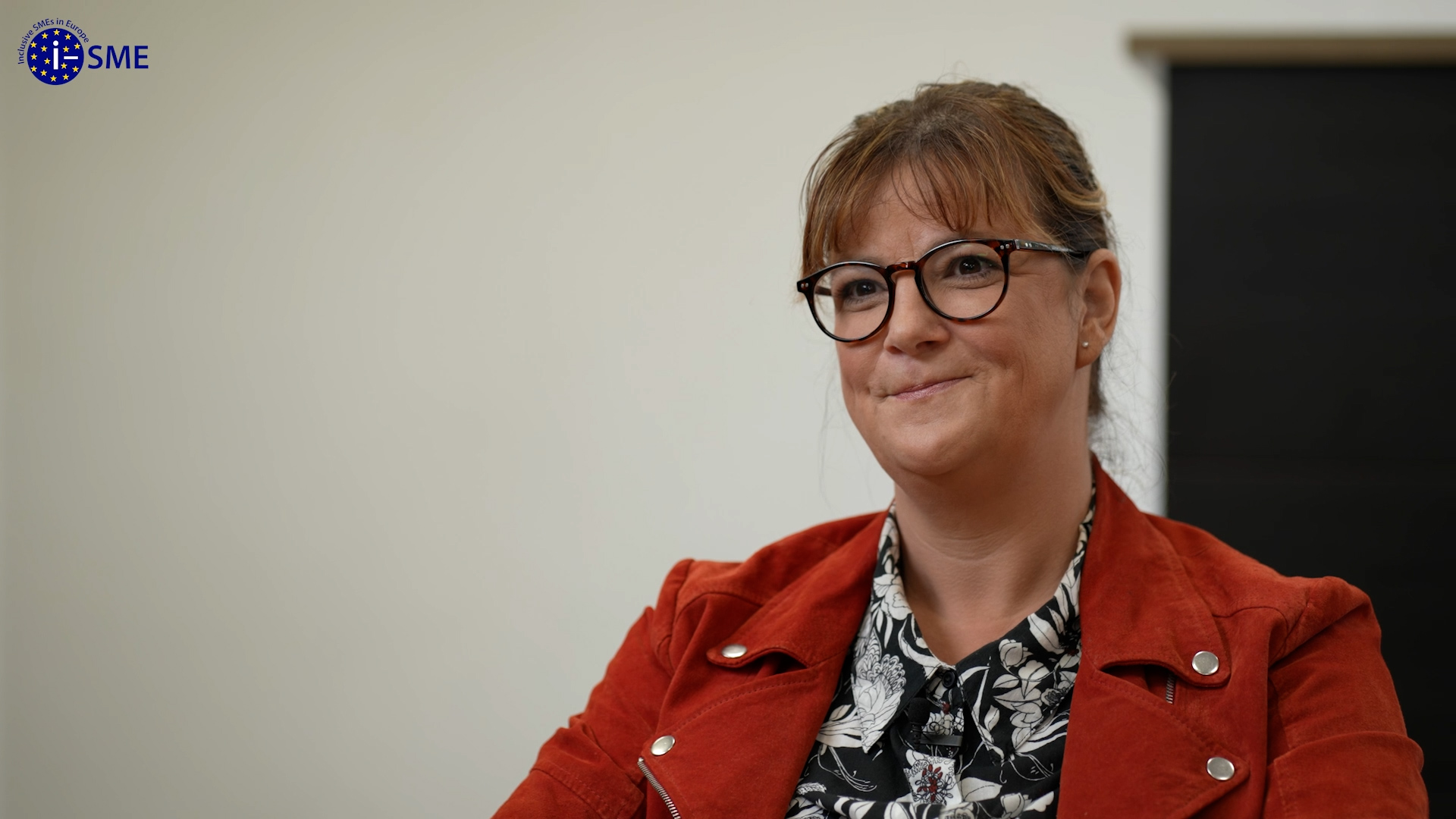About
The i-SME project
What is i-SME, our goals and results
Our methods
How do we work
Inspiration
Tips and Instructions
20 tips (2,8 Mb)
Download our brochure with 20 tips for inclusive employment
Catalogue of instructions
Tips and instructional videos organised into categories

 Language
Language


